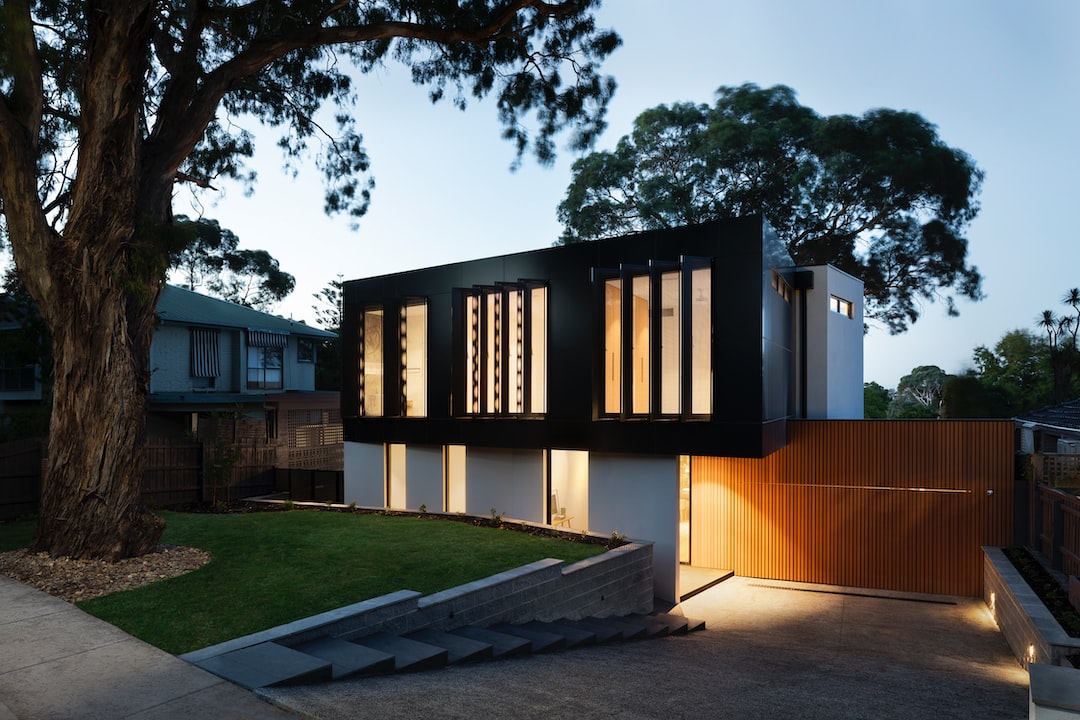The Pros and Cons of Buying vs. Renting a Home
When it comes to the age-old question of whether to buy or rent a home, there are many factors to consider. Both options offer their own set of advantages and disadvantages, and it ultimately depends on your personal situation and preferences. In this blog post, we will explore the pros and cons of buying versus renting a home to help you make an informed decision.
One of the biggest advantages of buying a home is the long-term investment potential. Real estate has historically been a solid investment, and owning a home allows you to build equity over time. As you pay off your mortgage, the value of your home is likely to appreciate, which can provide a significant return on investment if you decide to sell in the future. Additionally, homeownership offers stability and allows you to establish roots in a community, providing a sense of pride and belonging.
Another benefit of buying a home is the freedom to make it your own. When you own a home, you have the freedom to customize and renovate as you wish, without needing permission from a landlord. You can choose paint colors, upgrade appliances, and create your dream space. This level of control over your living environment can greatly enhance your quality of life.
On the other hand, renting a home also has its advantages. One of the key benefits of renting is the flexibility it offers. Renting allows you to easily move when your lease is up, which is particularly advantageous if you have a job that requires frequent relocation or if you simply enjoy exploring new neighborhoods. Renting gives you the freedom to test the waters before committing to a specific location, allowing you to adjust your living situation as your needs change. Additionally, renting often requires less upfront costs than buying a home, as you don’t have to worry about a down payment or closing costs.
Renting a home also provides a level of convenience and reduced responsibility compared to owning. When you rent, your landlord is typically responsible for maintenance and repairs, which can save you time, money, and stress. Renting can also be more affordable in the short term, as you don’t have to worry about property taxes, homeowner’s insurance, or unexpected repairs. This can free up funds to invest in other areas of your life, such as travel or saving for retirement.
However, it’s important to note that renting does come with some drawbacks. One of the major disadvantages is the lack of control and limited ability to personalize your living space. As a renter, you are subject to the rules set by your landlord, which may restrict certain activities or modifications. This can make it feel less like a “home” and more like a temporary living arrangement. Additionally, renting can result in a sense of instability, as landlords may choose not to renew your lease or may increase your rent at the end of your term.
Another factor to consider when deciding between buying and renting is the financial aspect. While buying a home can be a long-term investment, it also requires a significant upfront cost. In addition to a down payment, you will need to budget for closing costs, property taxes, and ongoing maintenance expenses. Owning a home also comes with the risk of fluctuating property values and potential market downturns, which could lead to a loss in investment. In contrast, renting typically requires a smaller upfront cost, but you are essentially paying for someone else’s investment without building equity of your own.
In conclusion, the decision to buy or rent a home is highly subjective and dependent on individual circumstances. Buying offers the potential for long-term investment, customization, and stability, while renting provides flexibility, reduced responsibility, and short-term affordability. It is crucial to carefully weigh the pros and cons, consider your financial situation, and assess your long-term goals before making a decision. Ultimately, the right choice will be the one that aligns with your lifestyle, preferences, and long-term plans.

